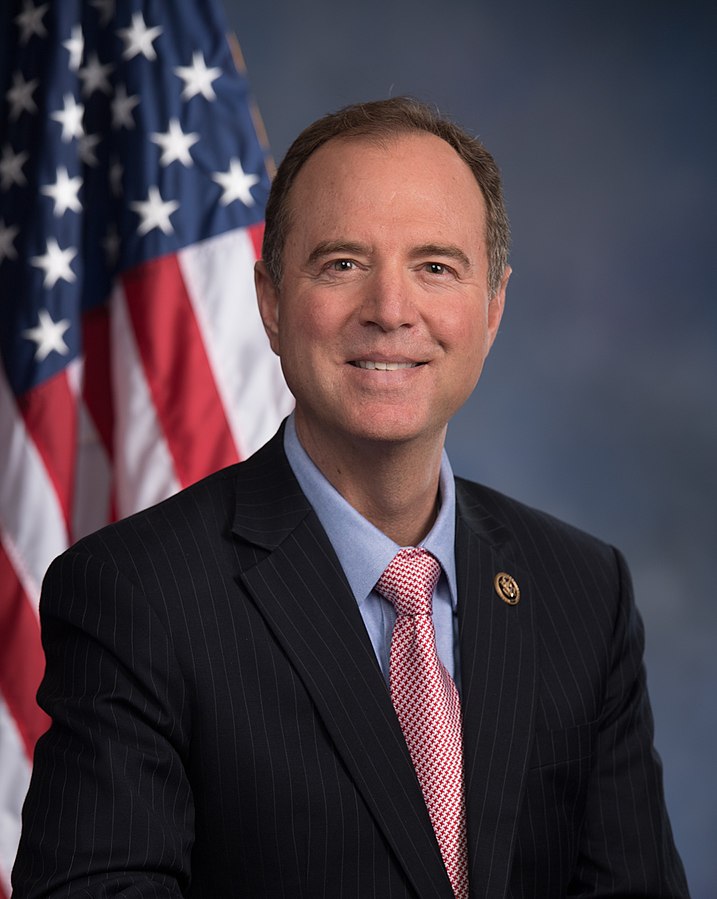UPDATE 1-House Intelligence chief presses social media companies on deepfake policies

- Country:
- United States
U.S. House of Representatives Intelligence Committee Chairman Adam Schiff on Monday pressed major social media companies on how they plan to handle the threat of deepfake images and videos on their platforms ahead of the 2020 elections. The Democratic congressman wrote letters to the chief executives of Facebook Inc, Twitter Inc and Google, which owns YouTube, asking about the companies' formal policies on deepfakes and their research into technologies to detect the doctored content.
Deepfakes use machine learning to manipulate source material and create hyperrealistic content where a person - such as a political candidate - appears to say or do something they did not. Facebook spokesman Andy Stone confirmed the company had received the letter and said it would respond to Schiff accordingly.
Twitter did not comment on the letter but pointed to a statement last month by Nick Pickles, its global senior strategist for public policy, that said Twitter's rules "clearly prohibit coordinated account manipulation, malicious automation, and fake accounts." Alphabet Inc's Google also declined to comment on the letter.
Major social media platforms have been used to spread disinformation ahead of previous elections. U.S. intelligence agencies say there was an extensive Russian cyber-influence operation during the 2016 presidential election aimed at helping Republican President Donald Trump get elected. Russia has repeatedly denied the allegations. "As we look ahead to the 2020 election, I am gravely concerned the experience of 2016 may have just been the prologue,” Schiff wrote in the letters.
“Social media platforms can catapult a compelling lie into the conversations of millions of users around the world before the truth has a chance to catch up," the California congressman wrote. There has not been a well-crafted deepfake video with major political consequences in the United States, but the potential for doctored videos to sow misinformation was recently highlighted by a more manually doctored viral clip of House Speaker Nancy Pelosi, slowed down to make her speech seem slurred.
Schiff's letters also asked the California-based social media companies about their responses to this 'cheapfake.' YouTube took down the video, citing policy violations, but Facebook left it up, only limiting its distribution and adding fact-checking warnings. Facebook CEO Mark Zuckerberg said last month that posting false information was not against the site's rules, but acknowledged that it did not respond quickly enough to the Pelosi video.
Zuckerberg also said Facebook is considering developing a specific policy on deepfakes. The company recently opted to mark as false but leave up a deepfake of Zuckerberg posted to Facebook-owned Instagram by British artists.
Instagram head Adam Mosseri said last month that his platform does not currently have a policy around deepfakes. The name deepfake – a combination of "deep learning" and "fake" – comes from the Reddit user who published AI software for creating fake porn videos.
(This story has not been edited by Devdiscourse staff and is auto-generated from a syndicated feed.)










